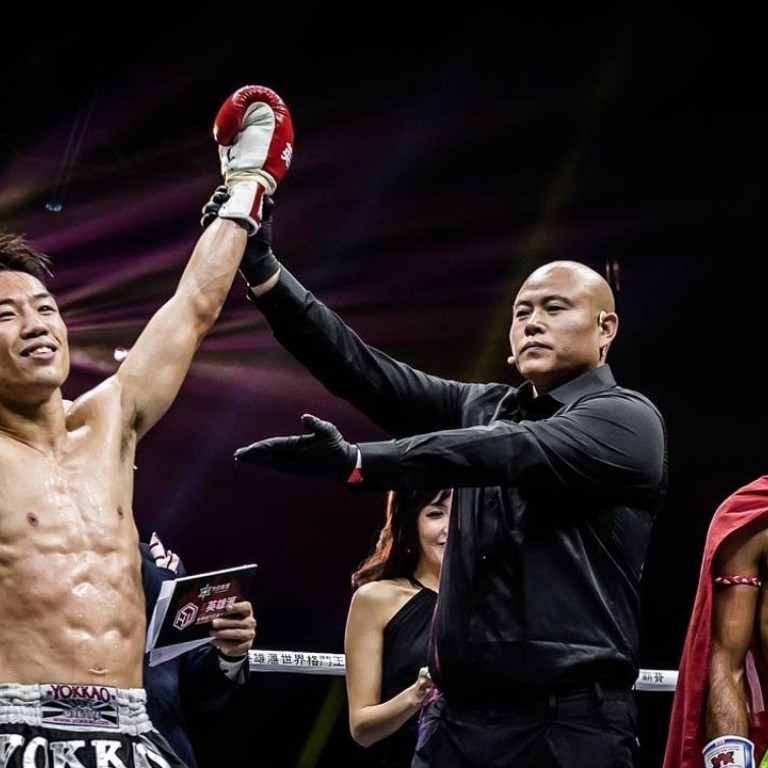
Blood, broken bones and lying to your parents: the secret life of a Hong Kong martial artist
Four-time Hong Kong Muay Thai champion Ng King-chung’s family thought he was staying at a friend’s house when in reality he was in hospital
With a lack of sustainable income and previous success stories, plus a whole lot of blood, persuading an ethnically Hong Kong family you can make a successful career out of “the fight business” is always going to be an uphill struggle.
It was no different for local Muay Thai hero Ng King-chung in his early fighting days; he would happily mow his opponents down in the ring, yet he couldn’t bear to face his disapproving relatives.
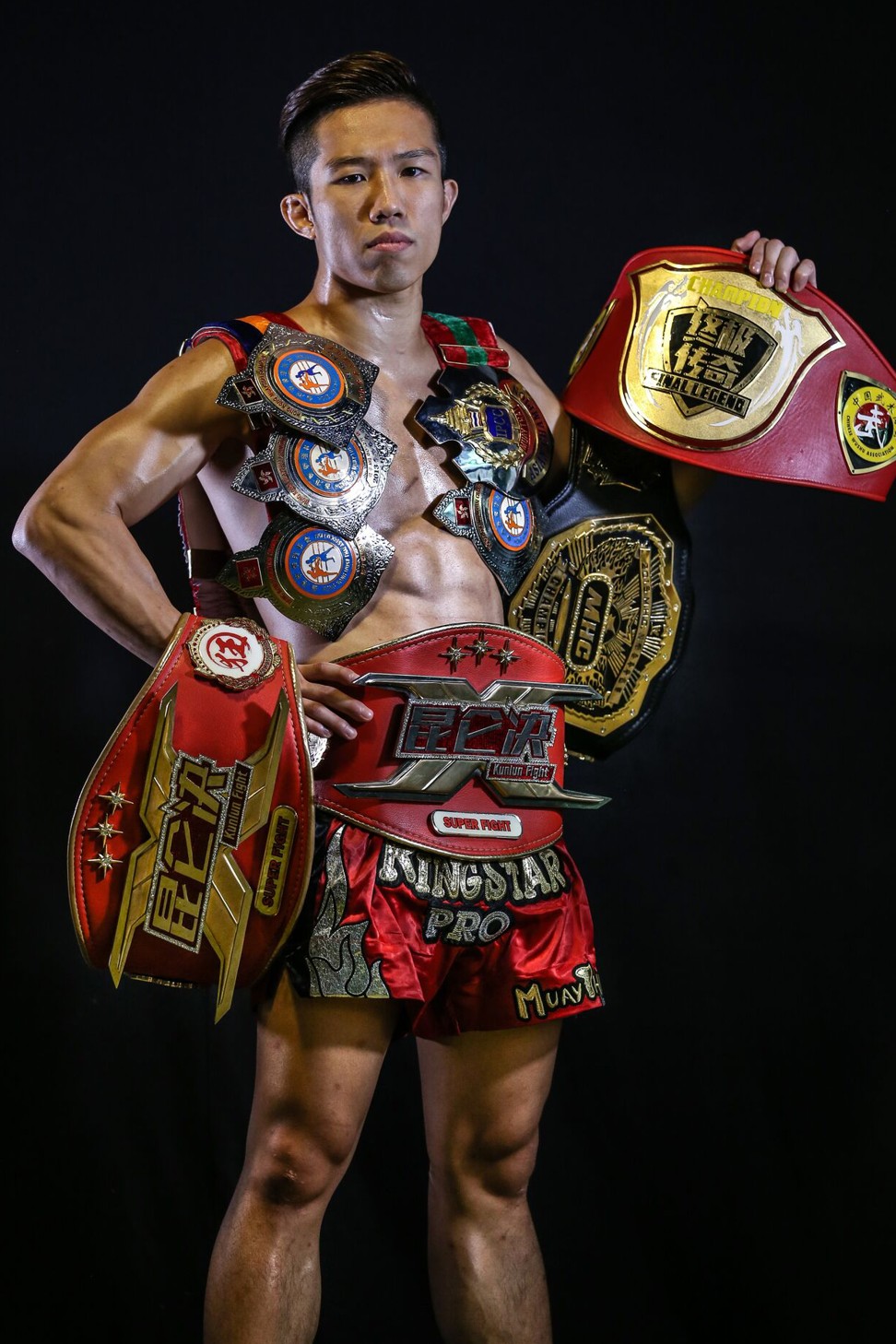
The 30-year-old fights out of Atma Fitness Centre in Tai Po and will spearhead Hong Kong’s campaign at the 2018 East Asian Muay Thai Championships in Wan Chai starting on August 16. The aggressive counter-puncher previously won gold in the 2016 edition.
“I remember when I was 18, my sparring partner [accidentally] broke my nose. He had already caught me but thought I was ducking so went for the uppercut while I was falling – when I stood up my nose was completely disfigured, it was quite scary,” Ng said.
“I just told my family I was staying over at a friend’s house for a few days but in reality, I was lying in hospital. Injuries in Muay Thai are not uncommon but luckily I haven’t had too many nasty ones.”
Ng has been boxing since the age of 16. As a child, he was an avid viewer of televised Sanda [Chinese kick-boxing] competitions and cites his karate black-belt cousin and Bruce Lee-fanatic father for his interest in the discipline.
He left secondary school at just 14 with the sole intention of becoming a Muay Thai fighter. As with everything in this city, however, you must pay to play.
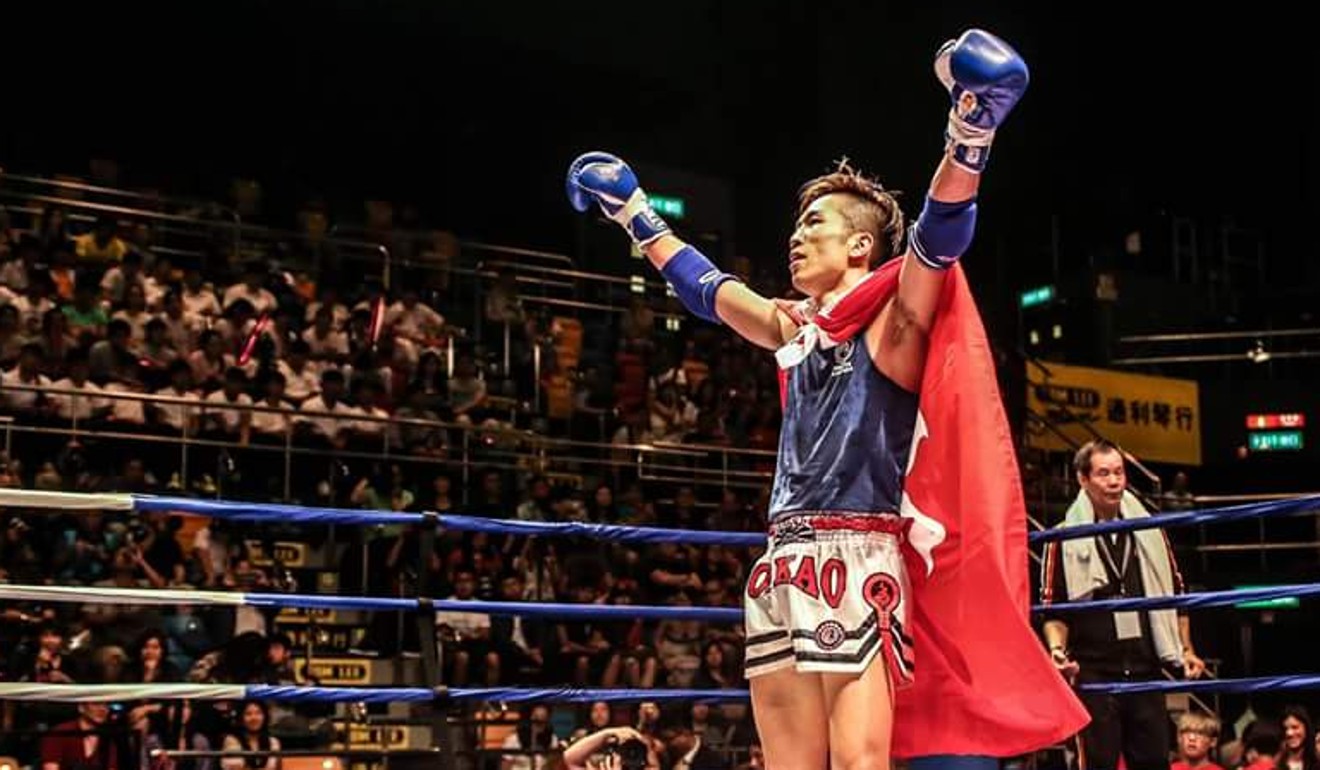
“I stopped studying after Form Three, but there were training fees so I had to work until I made enough money to enrol at the gym. I worked in sales – people were definitely taking a gamble on me – but I finally saved enough money for two months of classes. [The trainers] saw me working hard and offered me a small role at the gym. By 17, I was a part-time coach.”
Muay Thai is often referred to as “The Art of Eight Limbs” as fighters are permitted to strike opponents with two fists, two elbows, two knees and two shins. A blow from any of those is likely to lead to cuts, bruises or worse, so it is not particularly surprising Ng’s family took time to process his new career.
“People would associate the sport with triad activities back then so I was a bit worried to begin with,” he said. “I tried hard to choose a nicer-feeling gym – my parents still didn’t know [at that point]. But slowly after seeing my successes and since I haven’t had too many injuries, they support me now.”
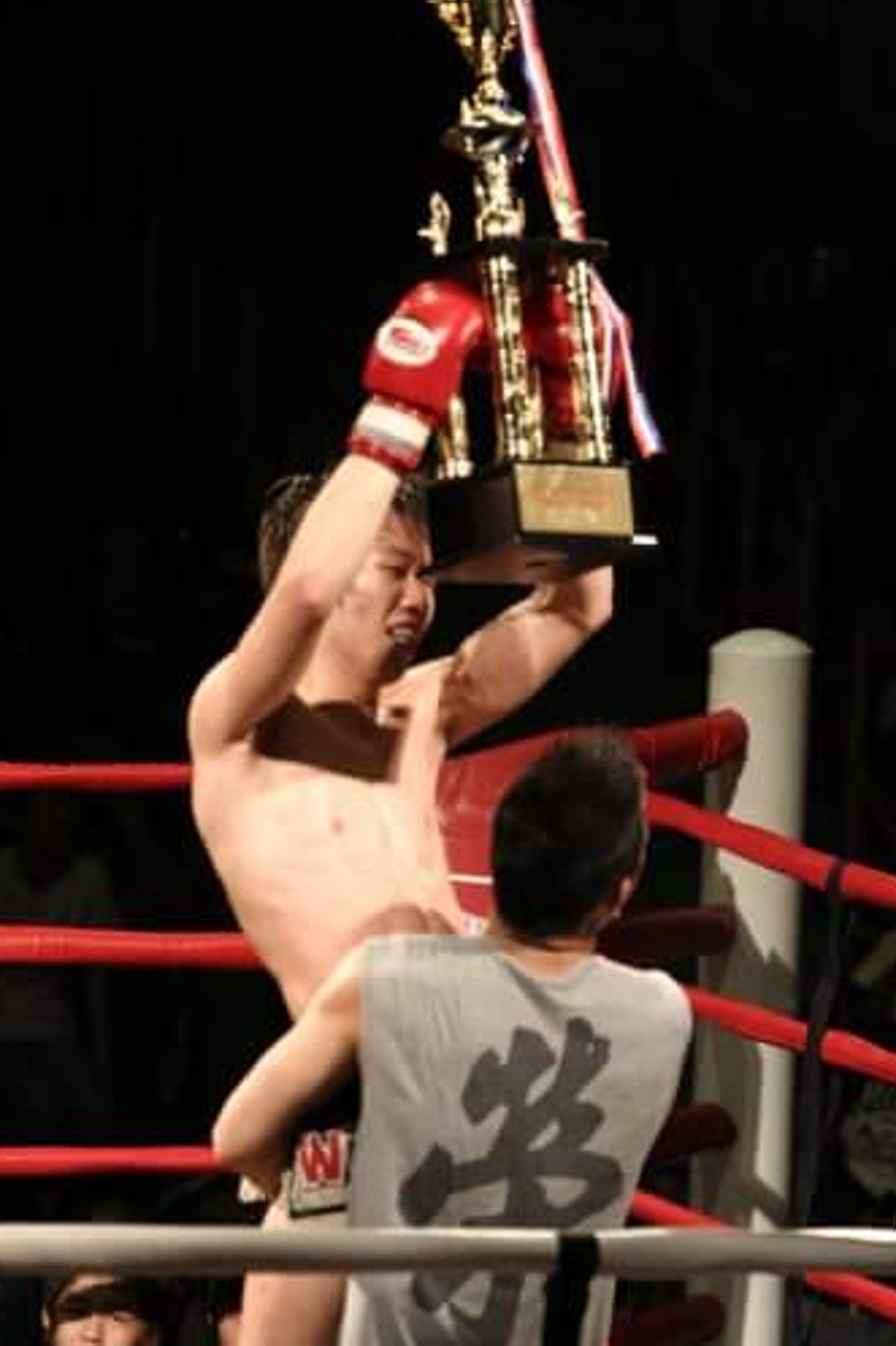
Aside from several local and Asian championships, Ng is also a former Kunlun Fight Intercontinental and Super Fight champion, but insisted he will not be satisfied with his legacy until he crosses continents.
“I’m 30, which is not too old, but if I want to go up, I will have to keep working non-stop,” he said. “I want to get world recognition – not just in Hong Kong or Asia. I want people to know I can cope with international level. I also want to highlight how difficult being a Hong Kong athlete is, no matter the sport.”
With well over 200 Muay Thai gyms in Hong Kong, Ng hopes more Hongkongers will take note and try not to generalise the sport with boxing hero Rex Tso Sing-yu’s craft.
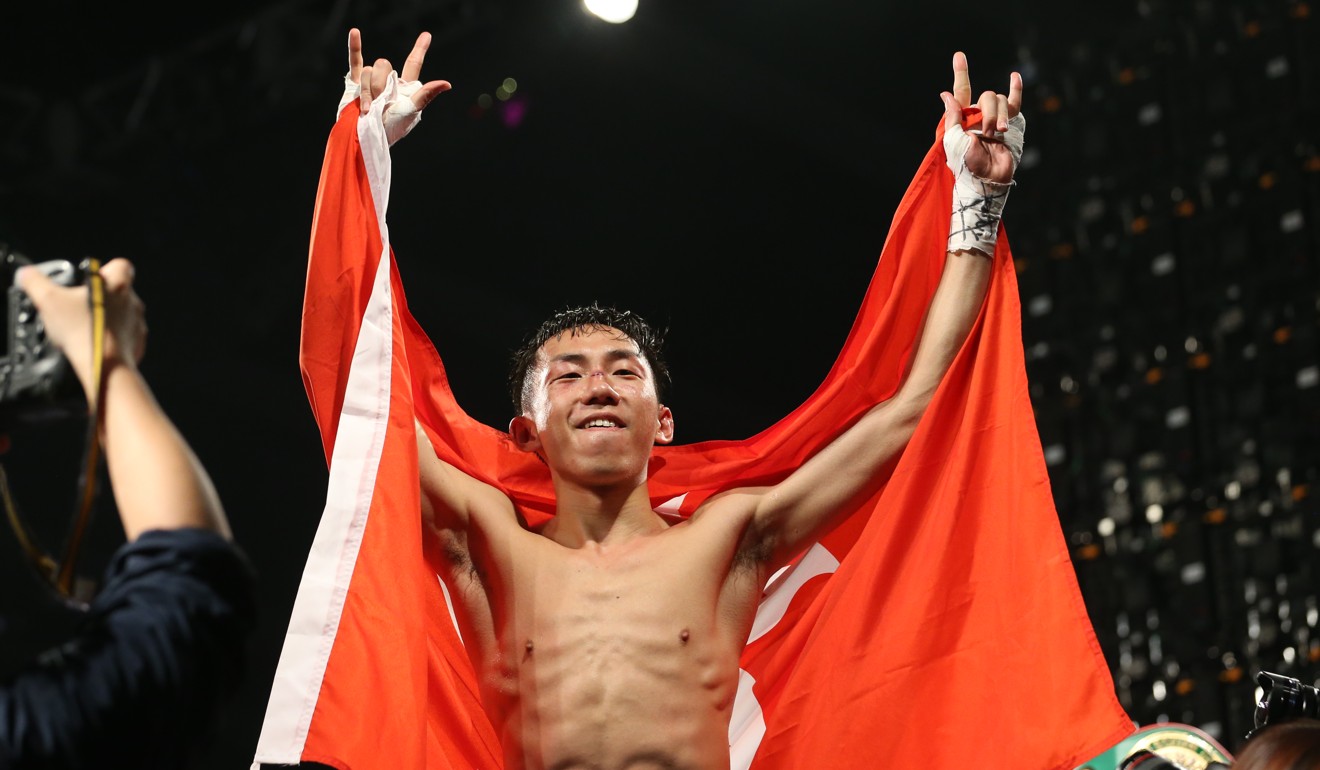
“I hope more people can recognise Muay Thai because there are actually a lot of good fighters in Hong Kong – but they also have to feed themselves and make money so many couldn’t handle it and left. It’s a real shame and a waste of their efforts.
“I understand there are limited resources but I hope there is a better system for the Hong Kong team selection in future.”
Ng and his Hong Kong Muay Thai teammates will compete at the 2018 East Asian Games at Queen Elizabeth Stadium, Wan Chai on August 16 to 19. Free admission first three days, HK$20 tickets on the final day.

